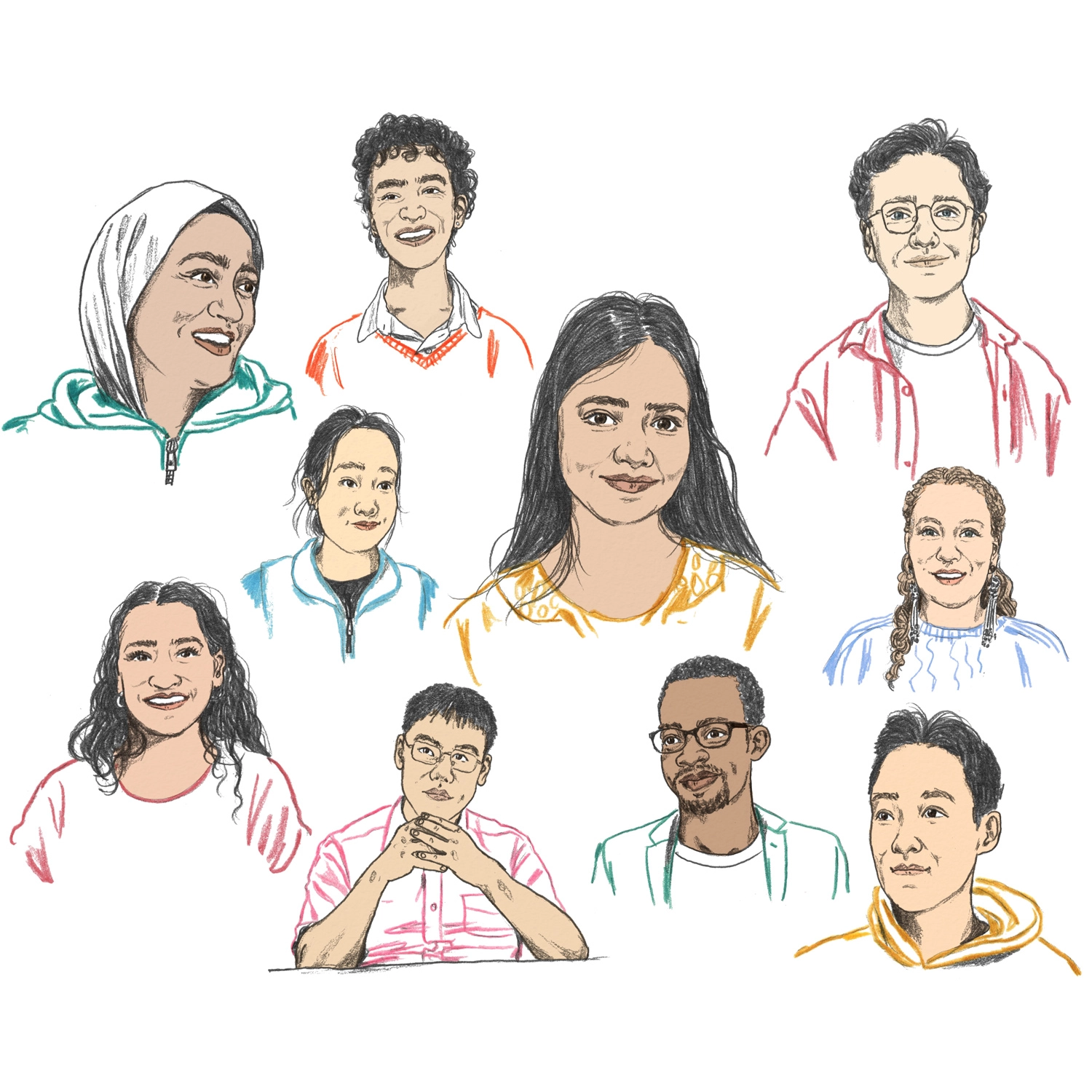
Welcoming the World
Canadians take pride in their model of multiculturalism. We need to remind ourselves of why it’s worked so well
Recently, I presented a paper at a conference attended by the heads of a select group of major global universities.
My topic concerned the increasingly divergent approaches to the recruitment of international talent among the world’s advanced economies. I argued that countries now preoccupied with building walls or burning bridges are putting their own long-term prosperity at risk. I documented how those taking the opposite approach are reaping significant benefits, highlighting Canada as an especially compelling case.
The response from my global counterparts was remarkable. To a person, they said how lucky we are as Canadians and how they wished they operated under a system like ours.
Canada is increasingly distinguished by its enduring, broad consensus in favour of immigration, as reflected in the system built by federal governments over the past half-century. We see this in the points-based approach used to assess prospective immigrants, and in policies that facilitate the recruitment of highly qualified professionals and grant international students a three-year work permit upon graduation. And when it comes to humanitarian objectives, notwithstanding current contentious debates, Canada remains an appealing destination for refugees and asylum seekers.
Debates on international talent mobility are ultimately shaped by societal values concerning openness, diversity and collaboration. By their nature, universities – and the advancement of knowledge – depend on the free flow of people and ideas across international borders. Ultimately, so do the societies in which they’re located.
The model of “brain gain” versus “brain drain” has now been supplanted by the concept of “brain circulation,” in which the mobility of talent creates a network of partnerships that transcends national boundaries and creates opportunities in each participating country. Toronto is a perfect example. The city, where more than half the population was born outside Canada, created more tech jobs in 2017 than the San Francisco Bay Area, Seattle and Washington, D.C., combined. And, among international PhD students who graduated from U of T between 2000 and 2015, 46 per cent are now employed in Canada, while those who left the country are helping to raise our international profile and extend our global networks.
Still, we must not be complacent. We know that geopolitical dynamics and domestic policy shifts can influence the two-way flow of talent in unpredictable and unhelpful ways. Canadians rightly take pride in our model of multiculturalism and openness. But we need to remind ourselves of why it’s worked so well, and of the central role of immigration in sustaining our economy and strengthening our society. Institutions such as U of T have a critical role to play in recruiting and welcoming talented newcomers, from wherever they come.






No Responses to “ Welcoming the World ”
Thank you, Canada, and thank you U of T for creating and maintaining the conditions for multiculturalism and pluralism in a free society under the rule of law.
I love Canada, and Toronto is the most beautiful city in the world.
Thank you Canada, and the University of Toronto for building capacity globally for a better world.
Canada's increasing diversity is by no means reflected in the social science and humanities faculty at Canadian universities and print media. This is due to the legacy of the century-long Indian Residential School System, which ended in 1996, over a dozen years after the passage of the Charter of Rights of Freedoms in 1982. In the case of U of T, the lack of diversity in the fields that pertain to values and priorities in based on an attempt to silence new Canadians, just as the Residential School System aimed to do with the country's original inhabitants. Sanctimonious and self-congratulatory approaches often hide the largely closed, clubbish, and colonial system that runs Canada's governmental and educational systems.
I agree with the comments here praising Canada for being a global champion for pluralism and an open society. But the vision of Canada that President Gertler presents is only partially true. It neglects the fact that many immigrants to Canada have different experiences than those described here.
It's important to recognize Mafinezam's comment that "sanctimonious and self-congratulatory approaches often hide the largely closed and colonial system that runs Canada's governmental and educational systems."
To that, I would add the Canadian legal and justice system. Even now, Canadian policies target specific immigrant communities and treat their families and children in ways that are not unlike the Residential School system. There is an attempt to silence voices and maintain the status quo in Canada.
In Canada, we need to advance minority leaders to real positions of power and decision-making.
I recommend a five-part series of articles from Harvard Business Review about advancing Black leaders (to which I would add Indigenous and other minority leaders). Some of the issues addressed in these articles resonate deeply in Canadian society. Canada is a great country, but still in its infancy. We must all cherish freedom of expression and counter forces that would attempt to silence some communities.
Toward a Racially Just Workplace
The Costs of Code-Switching
The Day-to-Day Work of Diversity and Inclusion
Why So Many Organizations Stay White
Success Comes from Affirming Your Potential